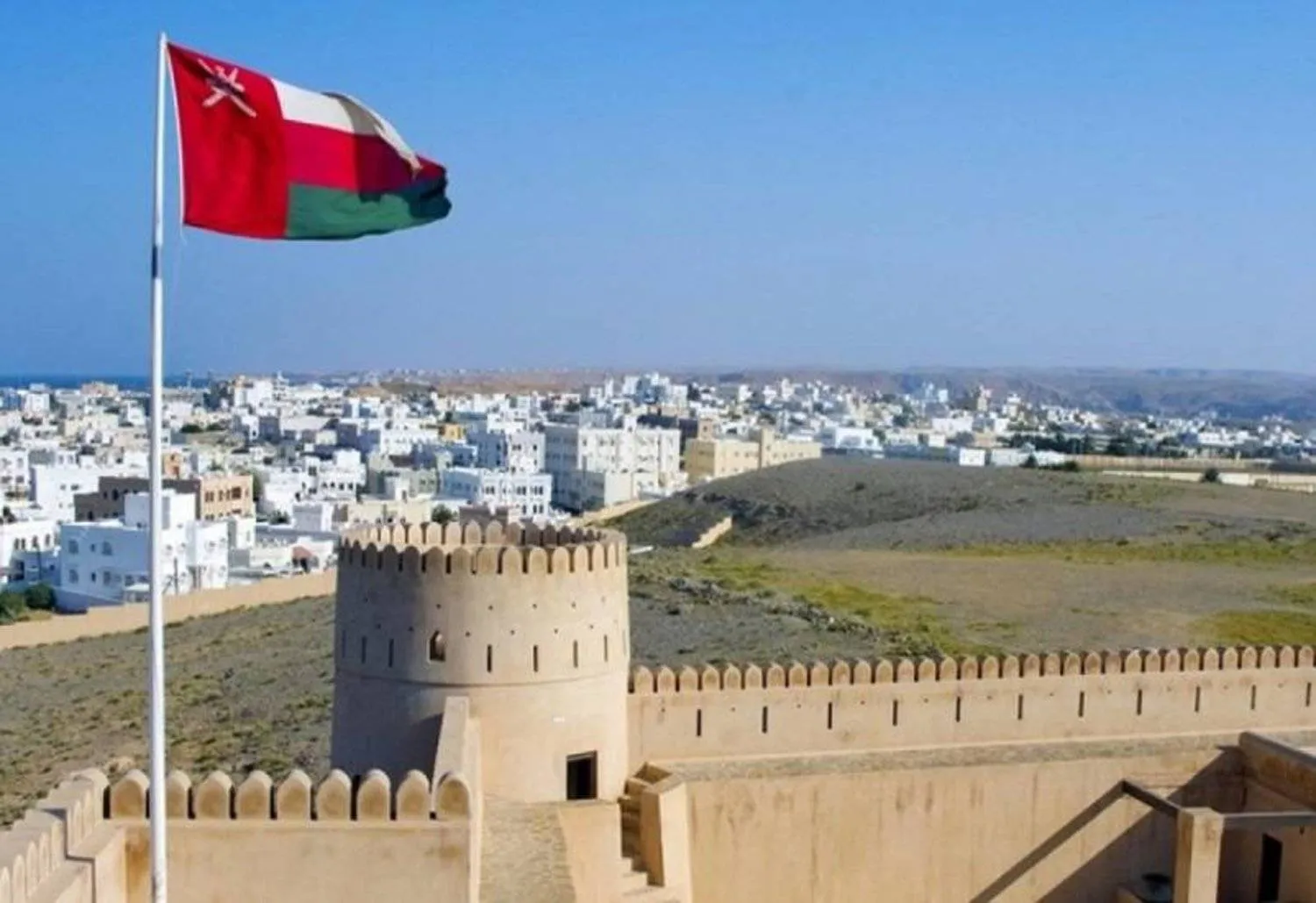The Sultanate of Oman registered a budget surplus of 656 million Omani rials ($1.7 billion) in the first six months of 2023, as a result of higher oil revenues, the Ministry of Finance said in a statement. Last year, the budget achieved a surplus of 784 million rials.
The Sultanate approved the 2023 budget with a deficit of 1.3 billion rials, equivalent to 3 percent of the GDP, after recording a surplus of about $3 billion last year.
In 2022, the Gulf oil-producing countries benefited from a significant rise in crude prices, which exceeded $100 per barrel, after the Russian-Ukrainian war deepened fears of disruption to global energy supplies.
The budget for this year is based on an average oil price of $55 a barrel. The 2022 budget was based on an oil price assumption of $50 a barrel, but the government later estimated prices averaged $94 a barrel last year.
The official Omani News Agency said on Sunday that the Ministry of Finance had settled more than 1.5 billion rials of government loans by the end of the first half of 2023, reducing the public debt to about 16.3 billion rials.
“By the end of H1 2023, the Ministry of Finance did not withdraw from reserves as planned, as a result of generating additional revenue,” it stated.
The agency added that the Ministry of Finance also paid, by the end of the first half of 2023, more than 507 million rials of private sector dues received through bonds.









